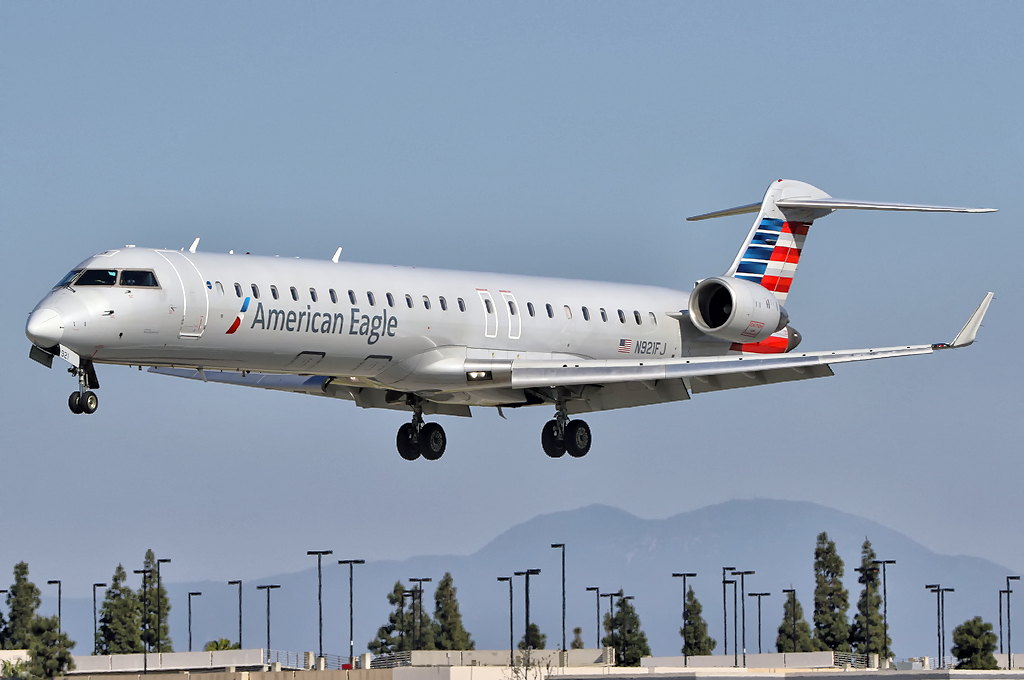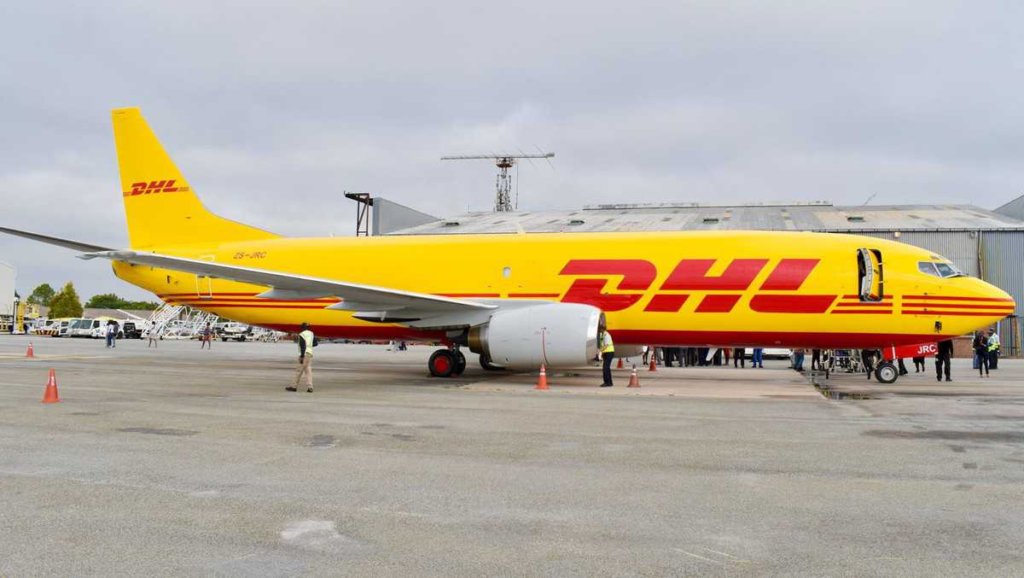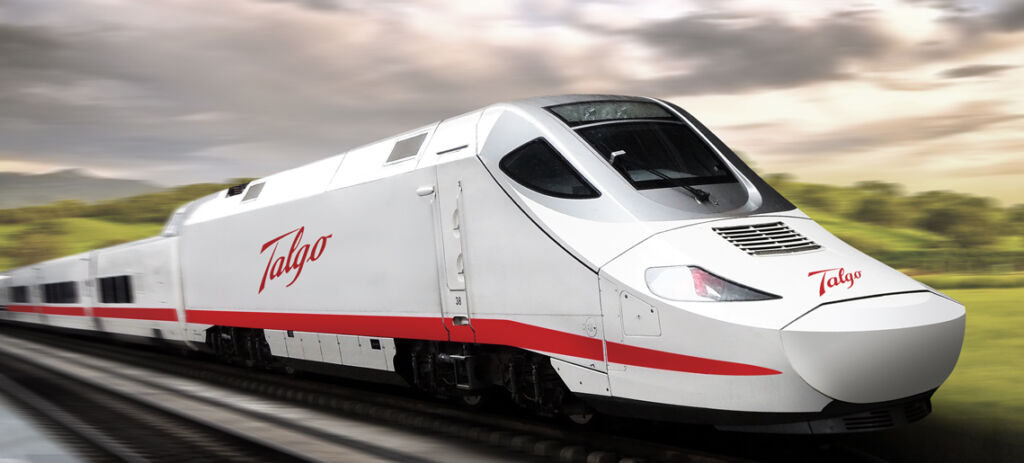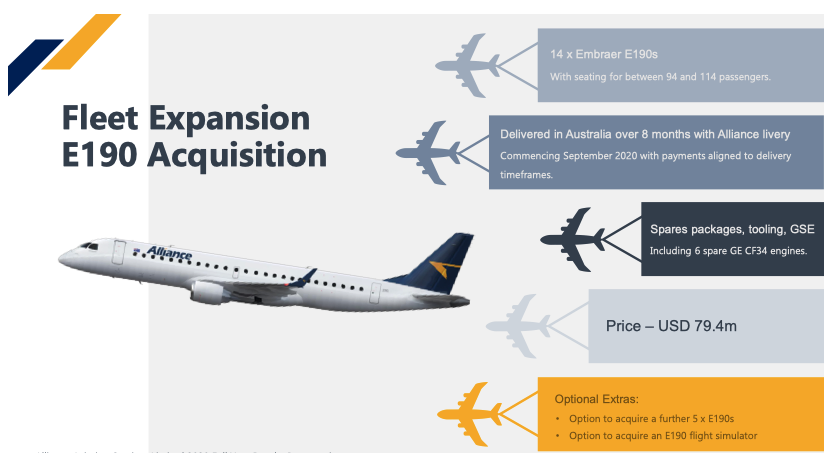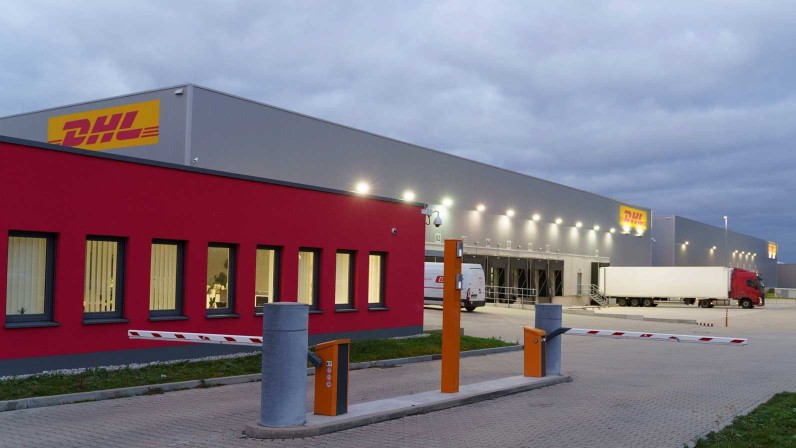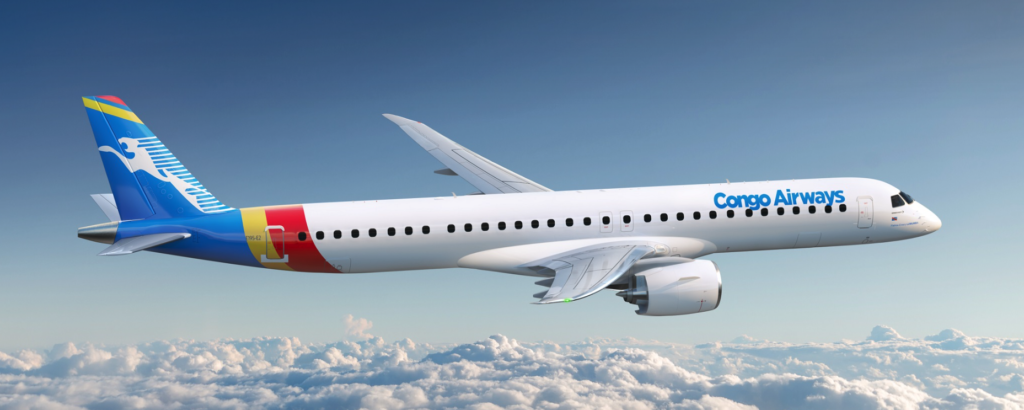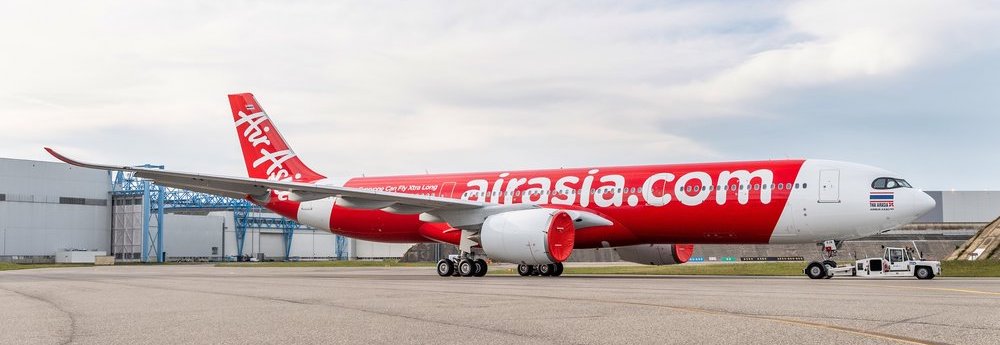Tag: capacity (Page 6 of 12)
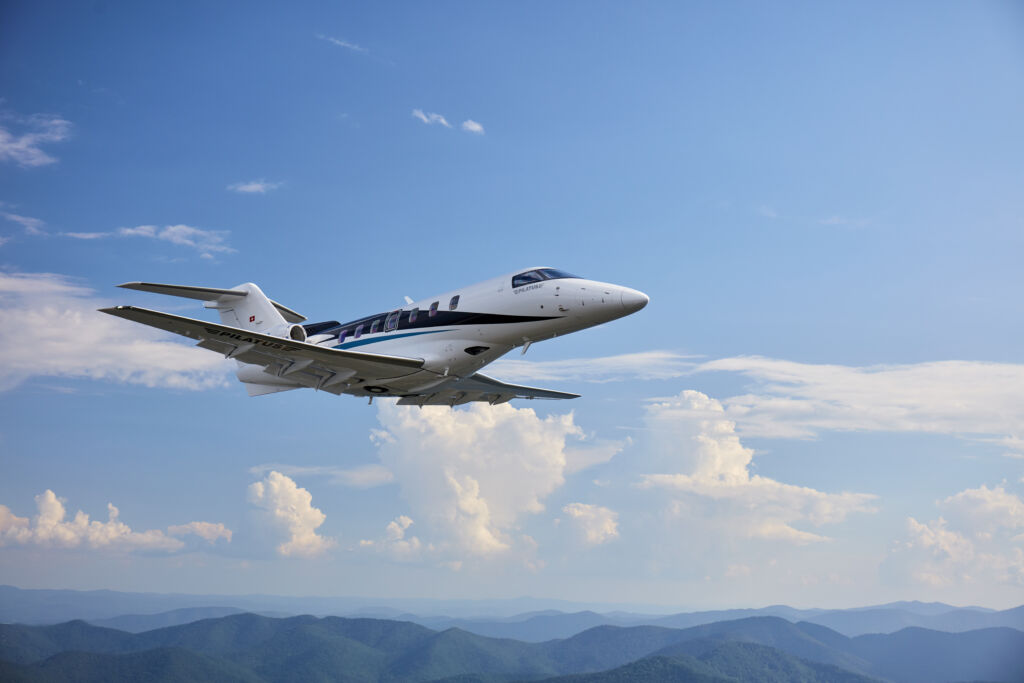
Pilatus Aircraft Offers PC-24 With 10-Seat Commuter Interior
A first PC-24 with high-utility 10-seat commuter configuration has been delivered to a customer in the western United States, allowing the Super Versatile Jet to prove yet again how it is an excellent fit for the widest of mission profiles.
Pilatus now offers a commuter configuration for up to ten passengers, delivering a safe, efficient, private, cost-effective corporate travel solution for company employees. Each seat is installed with a quick-release mechanism allowing easy cabin reconfiguration for all transportation requirements.
Passengers and cargo transport
The PC-24’s payload capacity of 1,134 kilogrammes and standard large cargo door enable operators to load large, bulky items that no other business jet is capable of carrying with such flexibility. The cabin features a private lavatory which can be serviced from the exterior. Unlike many other light and midsize jets in this category, the lavatory seat is not used as a passenger seat: the loss of comfort for the passenger is simply too great.
Seat pitch in the commuter configuration varies from 34 (86) to 40 inches (102 centimetres). Each seat features a side storage compartment and cup holder as well as one USB charging port. On top of that, four 115-volt power outlets in the cabin enhance in-flight productivity. The PC-24’s entirely flat floor also adds to comfort on long trips.
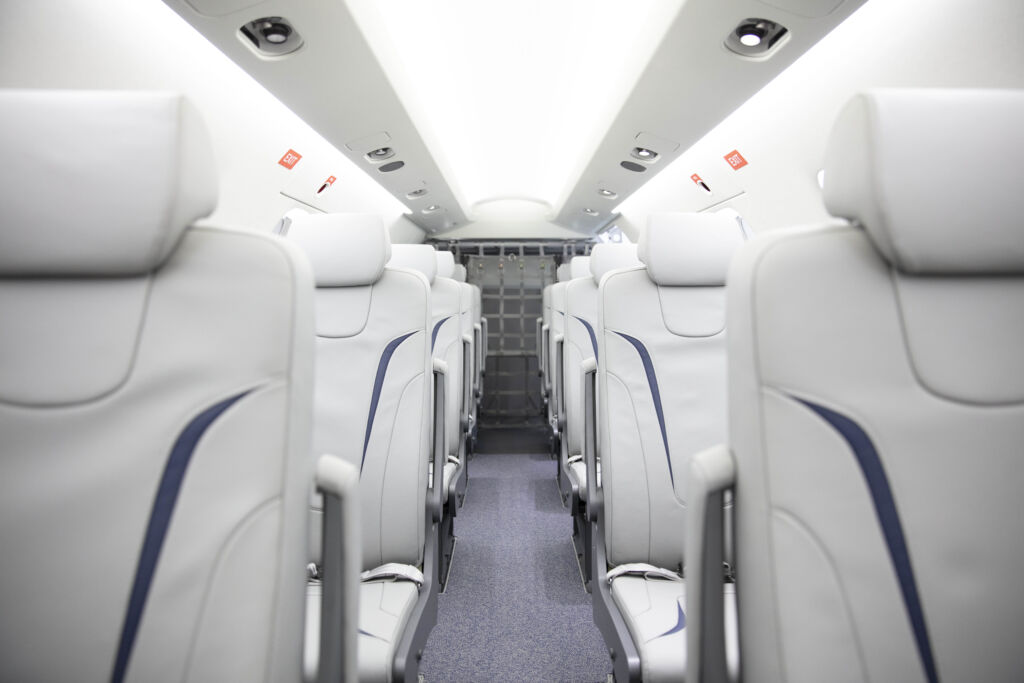
The first unit of the very high-speed train Talgo Avril began its first rail tests this week, a decisive step in the technical homologation, prior to its commercial circulation by Spanish operator Renfe. This is the final phase in the manufacturing process of 30 units of the Talgo Avril, which has a passenger capacity of up to 581 seats.
The rail tests are aimed at checking the dynamic behaviour of all the elements of the train, and in particular the running gear systems, under progressively more complex operating conditions and up to the speed required for technical homologation of over 360 km/h. Its maximum commercial speed will be 330 km/h.
The homologation tests are planned to be carried out for several weeks on the Madrid-Galicia high-speed rail line, although they could be extended to other parts of the railway network in Spain at a later stage.
Lighter, more sustainable and accessible
Talgo Avril is Talgo’s most advanced very high-speed train, which will become a benchmark of quality in the very high-speed rail segment. Thanks to their high capacity and light overall weight, the Avril trains acquired by Spanish operator Renfe minimise energy consumption and multiply efficiency. This allows them to reduce greenhouse gas emissions and further enhance the position of rail as the most sustainable means of transport.
One of the outstanding features of this latest generation train is that its composition of 12 passenger carriages and 200 metres long are located on a single deck and at the station platform level, allowing passengers to access the train and move around inside it without steps or ramps. Talgo’s unique accessibility not only facilitates access for people with reduced mobility, but also offers an easy journey for all passengers, from parents with prams to passengers with bulky luggage or bicycles.
New routes, new markets
Talgo Avril is part of a highly flexible technological platform that allows each delivery to be adapted to the increasingly complex needs of the European rail market. In this particular contract, the 30 trains supplied are divided into different blocks according to their internal commercial configuration, their automatic variable-gauge system (Iberian and international), and their equipment to be operated north of the Pyrenees. Thanks to these capacities, Talgo Avril will be able to be used on practically the entire Iberian electrified rail network, bringing even closer those destinations to which the new high-performance rail network has not yet been extended, as well as in international relations between Spain and France.
The interoperability of Talgo trains is one of their most distinctive features, and this has led them to be used on commercial routes throughout Europe: France, Switzerland, Italy, Portugal, Russia, Belarus and Poland. The Spanish manufacturer has also recently been awarded new contracts to supply trains to the European operator Deutsche Bahn, which will connect Berlin (Germany) with Amsterdam (Netherlands) and to the Danish company DSB, to link Copenhagen (Denmark) with the German port of Hamburg.
A new deal with Alliance Airlines will help the Qantas Group meet an expected surge in local tourism demand once the country moves beyond sudden COVID-related border closures. Alliance will provide the QantasLink network with flexible capacity using its recently acquired Embraer E190 aircraft – a 94 seat jet with a five hour range that is well suited to linking regional centres with smaller capital cities.
Initial routes that Alliance will fly are expected to include Adelaide–Alice Springs, Darwin–Alice Springs and Darwin–Adelaide. Passengers can expect an increase in frequency made possible by the size, range and economics of the E190 compared to the Boeing 737’s that are currently used on these routes; the 737’s will be redeployed elsewhere in Australia as part an ongoing ‘right aircraft, right route’ approach to the Group’s network.
Qantas has signed a three year deal with Alliance to access three E190’s based in Darwin and Adelaide. The timing will depend on the rate of recovery in travel demand but is currently expected to start in June 2021, once the vast majority of the Qantas Domestic flying has returned to pre-COVID levels.
The agreement also provides flexibility to access an additional 11 (for a total of 14) E190 regional jets, but also to switch off some (or all) of this capacity, depending on market conditions.
CEO of QantasLink, John Gissing, said the deal reflected the kind of flexibility needed to respond to opportunities without committing any capital.
The E190 offers 10 seats in Business Class and 84 seats in Economy, with a range of about 4,500 kilometres.
Qantas owns just under 20 per cent of Alliance Airlines.
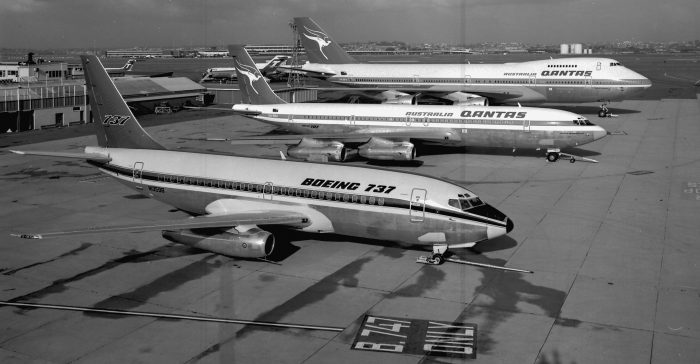
- DHL Global Forwarding opens expanded Leipzig Life Sciences & Healthcare Hub
- Frankfurt, Hamburg and Leipzig GxP facilities successfully achieve CEIV IATArecertification
- Specially trained staff and state-of-the-art equipment for storage and handling oftemperature-controlled pharmaceutical products and drugs
DHL Global Forwarding, Deutsche Post DHL Group’s air and ocean freight specialist, has expanded its Life Sciences & Healthcare (LSH) facility in Leipzig by approximately 2,500 square meters. The center is very close to Leipzig Airport and houses state- of-the-art equipment for storing and handling temperature-controlled pharmaceutical and medical products, such as vaccinations. After Frankfurt am Main, Leipzig is the second DHL Global Forwarding facility to be expanded in terms of capacity and equipment. DHL has successfully achieved IATA CEIV Pharma recertification for its GxP (good practice) facilities in Frankfurt am Main, Hamburg and Leipzig, making the company ideally prepared in Germany to meet the logistical requirements related to importing and exporting Covid-19 vaccinations.
The previous trans shipment and warehouse space of approximately 2,200 square meters in Leipzig was more than doubled when the expansion was completed in the last quarter of 2020. The second warehouse covers more than 2,500 square meters and is divided into two temperature zones. In the larger zone comprising approximately 1,700 square meters, the temperature can be regulated between 15 and 25°C. The smaller zone of around 850 square meters can be cooled down to 2-8°C. This allows pharmaceutical products to be stored at an appropriately cool temperature, to ensure their integrity. Dry ice handling for passively cooled transport containers and handling of actively cooled transport containers are also part of the standard repertoire. The immediate proximity to Leipzig Airport ensures fast import and export times. Of course, the facility also operates under the highest safety and security standards, with systems in place to immediately report temperature deviations and fire risks, as well as break-ins.
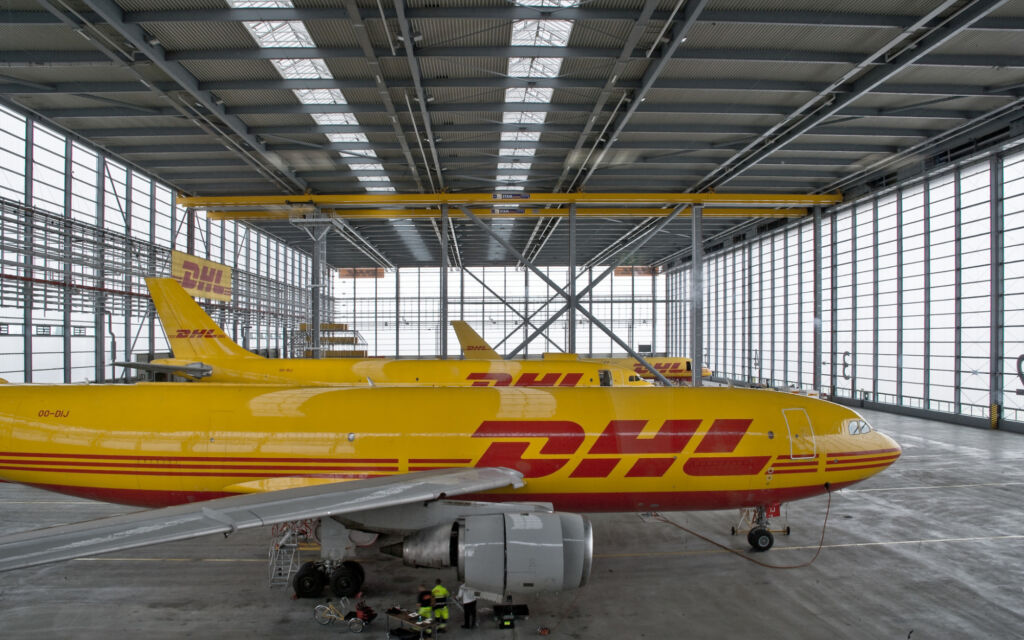
DHL and IATA are jointly committed to ensuring that the pharmaceutical industries regulatory requirements are met. A standardized approach in air freight increases productivity, accuracy, and reliability, while enabling transport in compliance with all applicable regulations. DHL began IATA CEIV Pharma certification of its facilities worldwide in 2016, raising the bar in pharmaceutical logistics. After independent third-party audits and training courses for employees on site, the DHL GxP facilities in Frankfurt, Hamburg and Leipzig have successfully renewed the quality label. DHL Global Forwarding thus enhances transportation and storage quality levels of pharmaceutical goods, and the DHL station exceeds its usual quality standards. At each location, IATA verifies compliance with its Temperature Control Regulations (TCR), the European Union’s GDP (Good Distribution Practices) guidelines, and further requirements of the World Health Organization (WHO) and other regulatory bodies.
As the leader in the life sciences and healthcare sector, DHL provides its employees, at all levels, and in all functional areas around the world, with vital tools to meet the requirements of both its customers and the supervisory authorities. For example, it provided a special training program to implement IATA regulation standards at scale in key GxP (good practice) facilities worldwide. The Certified Life Sciences Specialist (CLSS) program, offered as part of the Certified initiative, provides a comprehensive curriculum of mandatory training and specialized courses and materials to convey the knowledge needed in this highly specialized industry. As with all of DHL’s temperature-controlled locations, all employees in Frankfurt, Hamburg and Leipzig who are involved in handling life sciences and healthcare products have successfully completed the training and are certified Life Science Specialists. This ensures that sensitive shipments are handled with the utmost care and in compliance with the highest industry standards.
KANSAS CITY, Mo.–(BUSINESS WIRE)– Kansas City Southern (NYSE: KSU) announced today that it has entered into a joint agreement with NorthPoint Development to develop the master planned Wylie Logistics Park in Wylie, Texas, located adjacent to KCS’ David L. Starling Wylie Intermodal Terminal.
The Wylie Logistics Park offers 2.4 million square feet of potential building capacity for traditional warehousing and distribution; industrial grade amenities; dual feed electrical system with redundant power; as well as a heavy-haul road network comprised of direct access to Highway 78 and the interstate system, air and seaports, and a state-of-the-art intermodal terminal.
“KCS is pleased to enter into this agreement with NorthPoint Development for the Wylie Logistics Park,” said KCS vice president chemical and energy products Ginger Adamiak, who also leads the company’s industrial development team. “Wylie is part of the Dallas metro area, the fourth fastest growing industrial market in the U.S., and Wylie offers a business-friendly environment, low taxes and a double free port exemption.”
“We are extremely bullish on the opportunities that the Wylie Logistics Park offers,” said NorthPoint Development president/founding partner Chad Meyer. “Wylie is a supportive, pro-business municipality partnering with a unique Class I intermodal facility that has the best direct connectivity to the growing east coast ports. Couple this with exceptional demographics from an eCommerce demand and the great labor pool that this development requires and you have all of the ingredients for a very successful project.”
KCS’ Wylie Intermodal Terminal opened in 2015 and expanded in 2018. It now offers track capacity of 19,000 feet and annual lift capacity of 342,000, resulting in fluid and efficient availability of containers and improved on-time arrivals and departures. The terminal also boasts 1,800-wheeled parking spaces (with room to expand); 300 container stack spots; an Automated Gate System (AGS) with high definition imagery; optical character recognition and biometric driver identification; enhanced traffic signals and specific turn lanes.
“The Wylie Logistics Park is ideal for customers looking to combine logistics and real estate in one location,” said KCS vice president intermodal and automotive Rodrigo Flores. “Locating in the park will provide tenants and customers significant cost savings by reducing drayage from ramp to facility and providing quick access to the regional interstate network. Customers will also enjoy the environmental benefits of intermodal transportation and connectivity to other intermodal and port facilities on KCS’ U.S. and Mexico rail network.”
Just six months after their first E2 order, Congo Airways has placed a firm order for two E195-E2 jets. This is in addition to their existing two aircraft order for the smaller E190-E2. The four aircraft deal has a total value of USD 272 million at current list prices. This new firm order will be included in Embraer’s 2020 fourth quarter backlog.
Desire Bantu, CEO of Congo Airways said, “We see an opportunity in our market and the crisis we are all facing for Congo Airways to emerge stronger – which is why we are not waiting to place this further order. These new jets will allow us to extend our passenger and cargo operations regionally to high demand destinations such as Cape Town, Johannesburg, and Abidjan. As we prepare for future success, we will have the flexibility, and the right sized, most efficient aircraft, to serve our customers as the market returns.”
“Africa has for too long been thought of as a market of mostly low frequencies and long thin routes. As airlines start ramp up their operations, the E2 family of aircraft is perfectly positioned to right size routes previously operated by narrowbodies, while keeping frequencies and adjusting capacity to new levels,” said Cesar Pereira, vice president of Europe, Middle East and Africa, Embraer Commercial Aviation. “Congo Airways will benefit from the flexibility provided by the common cockpit on the E2 jet family meaning their flight crews can transition seamlessly between variants.”
The E195-E2 will be configured in a dual class 120 seat layout, 12 in business, 108 in economy. An additional 25% capacity when compared to the 96-seat configuration chosen by Congo Airways for their E190-E2s. The E2 deliveries are expected to begin in 2022 with Embraer and Congo Airways continuing to review the potential to anticipate the beginning of the deliveries. There are currently 206 Embraer aircraft operating in Africa with 56 airlines in 29 countries.
AirAsia Group, the world’s best low-cost carrier for 11 consecutive years, is proud to announce its partnership with AC2 Group to install Blue Yonder’s warehouse management solution (WMS) to digitally transform its supply chain capabilities and operational agility as the airline continues to boost domestic capacity in line with strong demand.
AirAsia Group Head, Supply Chain, Siva Indran said, “We have achieved another significant milestone today with the successful deployment of a digital supply chain across the Group. The Blue Yonder WMS uses data and advanced analytics to deliver greater efficiencies for the airline and enhanced benefits for our guests, such as providing the right products on specific flights based on passenger preferences. Additionally, efficiencies gained can be translated into more attractive deals onboard or for ordering home deliveries for example. We continue to innovate in order to be well prepared ahead of the expected global rebound in air travel in the near future.
“As AirAsia’s digital transformation continues to gather momentum, we want to make fintech services inclusive throughout our travel and lifestyle ecosystem. We have always been a digital airline and this is one of many recent technological enhancements put in place over recent times to make booking and flying with AirAsia more seamless than ever. We are pleased that the digital transformation of our supply chain network project has gone live successfully across all of our operational hubs in Asia. I want to thank our IT, operations, supply chain team and our supply chain partner, the AC2 Group, for their assistance to deploy this innovation across the Group so smoothly. The digital optimisation of our supply chain network comes at a great time as we are focused on resuming operations to pre-COVID-19 levels in all of our key markets as soon as possible.”
Managing Partner of AC2 Group, Aw Yang Uei, said, “A significant amount of effort has been put into architecting the solution to ensure it is robust, scalable and integrable with future technologies such as warehouse robotics. AirAsia has a highly creative vision in their omni channel fulfilment strategies, which requires agility in their supply chain. We are delighted and honored to be part of this digitalization journey, and it is a privilege to be working closely with all the professionals in AirAsia.”
President of Asia Pacific at Blue Yonder, Antonio Boccalandro, said, “Congratulations to AirAsia and AC2 Group on the successful deployment of Blue Yonder’s WMS. Our warehouse management system is one of our flagship solutions helping customers improve flexibility, real-time responsiveness and the ability to easily manage complex warehouse operations. We are proud to be part of AirAsia’s digital transformation journey, and we look forward to many more success stories from them.”
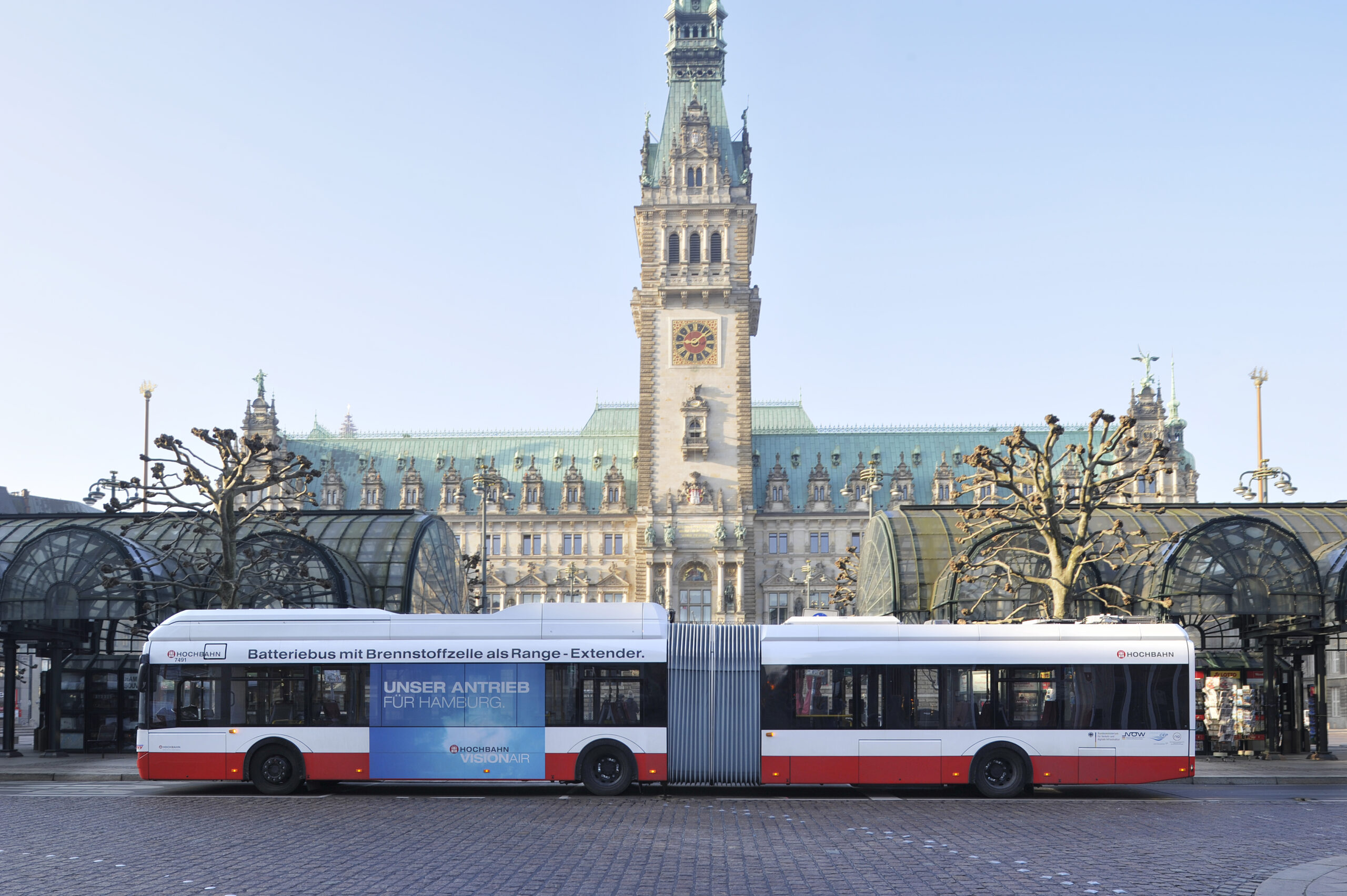
First Order Placed With Solaris to Supply 530 Electric Buses to Hamburg
Hamburger Hochbahn, one of the largest public transport operators in Germany, issued a tender this year for the supply of 530 twelve and eighteen metre-long (articulated) electric buses. In August, three candidate manufacturers were selected, one of these being the CAF Group subsidiary. The framework agreement establishes tranche orders for the vehicles over the next 5 years until completing the delivery of the aforementioned total of 530 vehicles.
Solaris received its first firm order for units under the framework agreement, specifically 5 12- metre and 5 18-metre e-buses, which will be delivered to Hamburg in October 2021.
The two selected electric models, the Urbino 12 and the Urbino 18 belong to Solaris’ range of emission-free and extremely low-noise vehicles. Both vehicles will be equipped with Solaris High Energy + high-capacity batteries, integrated axle drive motors and also featuring plug-in charging devices for availability ranges of up to several hundred kilometres on a single charge.
The vehicles will also be equipped with temperature pre-conditioning to guarantee optimal vehicle temperatures during battery charging, as well as a variety of solutions to promote safety, such as a blind spot monitor system that warns the driver when pedestrians or cyclists are in the vicinity of the vehicle. In terms of capacity, the Solaris Urbino 12 model can carry up to 70 passengers whilst the articulated vehicles offer 107 passenger places, guaranteeing maximum driver and passenger comfort during service.
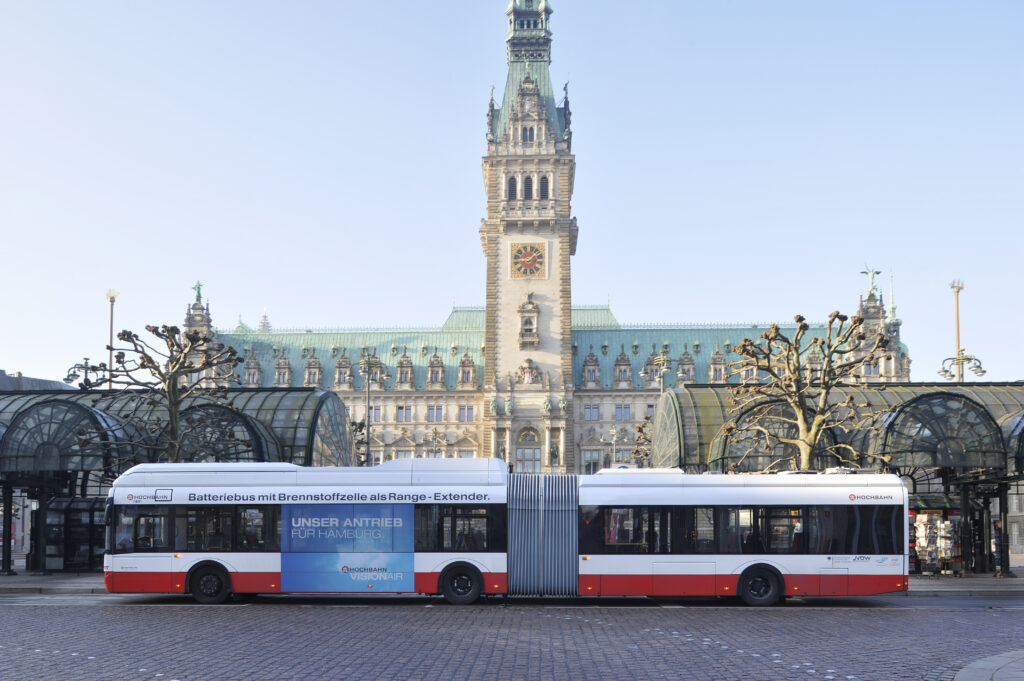
Mesa Air Group, Inc. (NASDAQ: MESA) today announced that it is amending its new Capacity Purchase Agreement with American Airlines (NASDAQ: AAL).
The amendment will see Mesa pick up flying at the beginning of 2021 over and above its new CPA levels, increasing to a total of five incremental aircraft by March. American retains the option to withdraw any of these incremental aircraft upon 60 days’ prior notice.
“We appreciate the opportunity to add this additional capacity at the request of American Airlines,” said Brad Rich, Executive Vice President and Chief Operating Officer. “We remain optimistic about our relationship with American Airlines and are well prepared to respond positively to future opportunities.”
